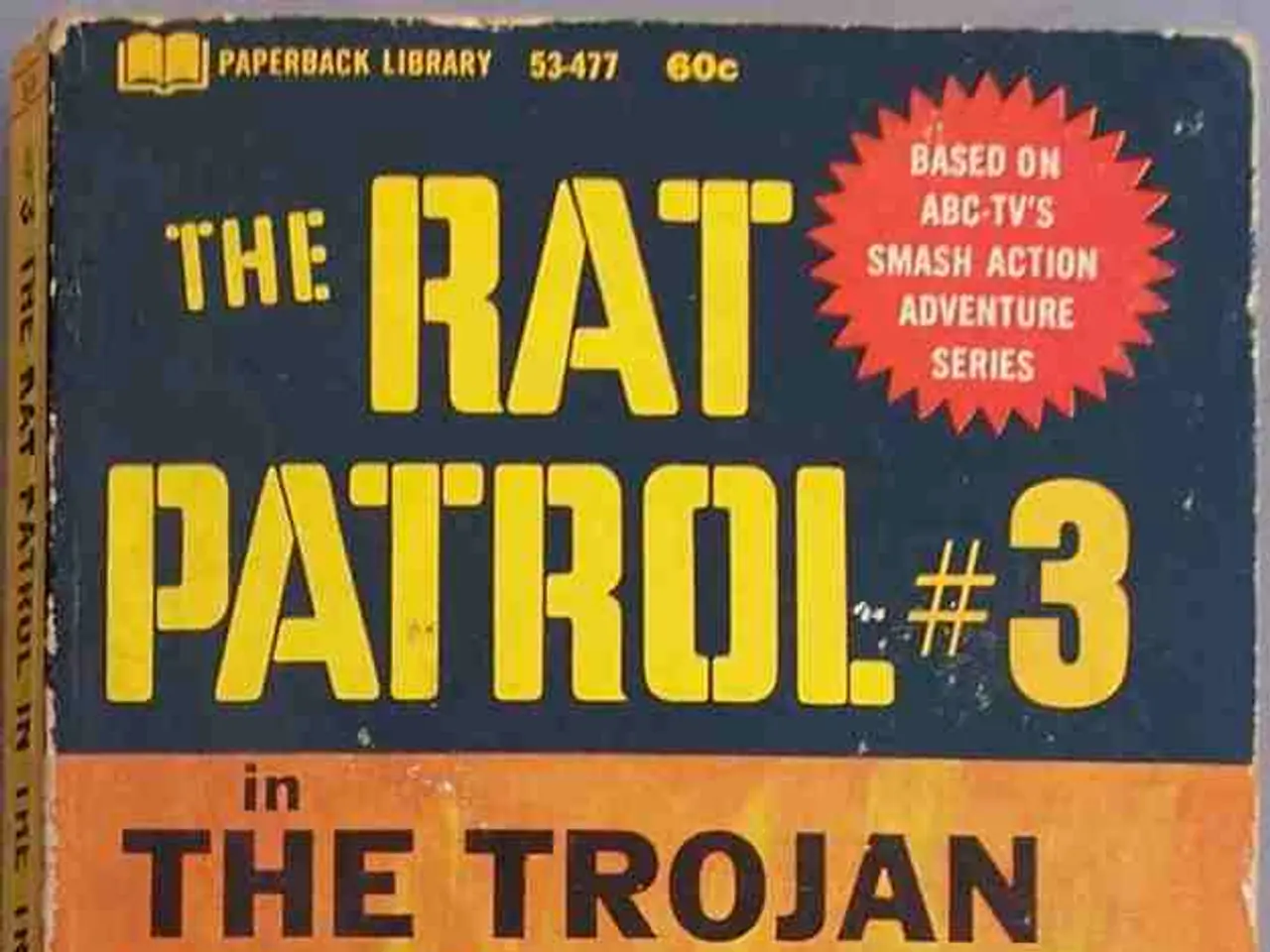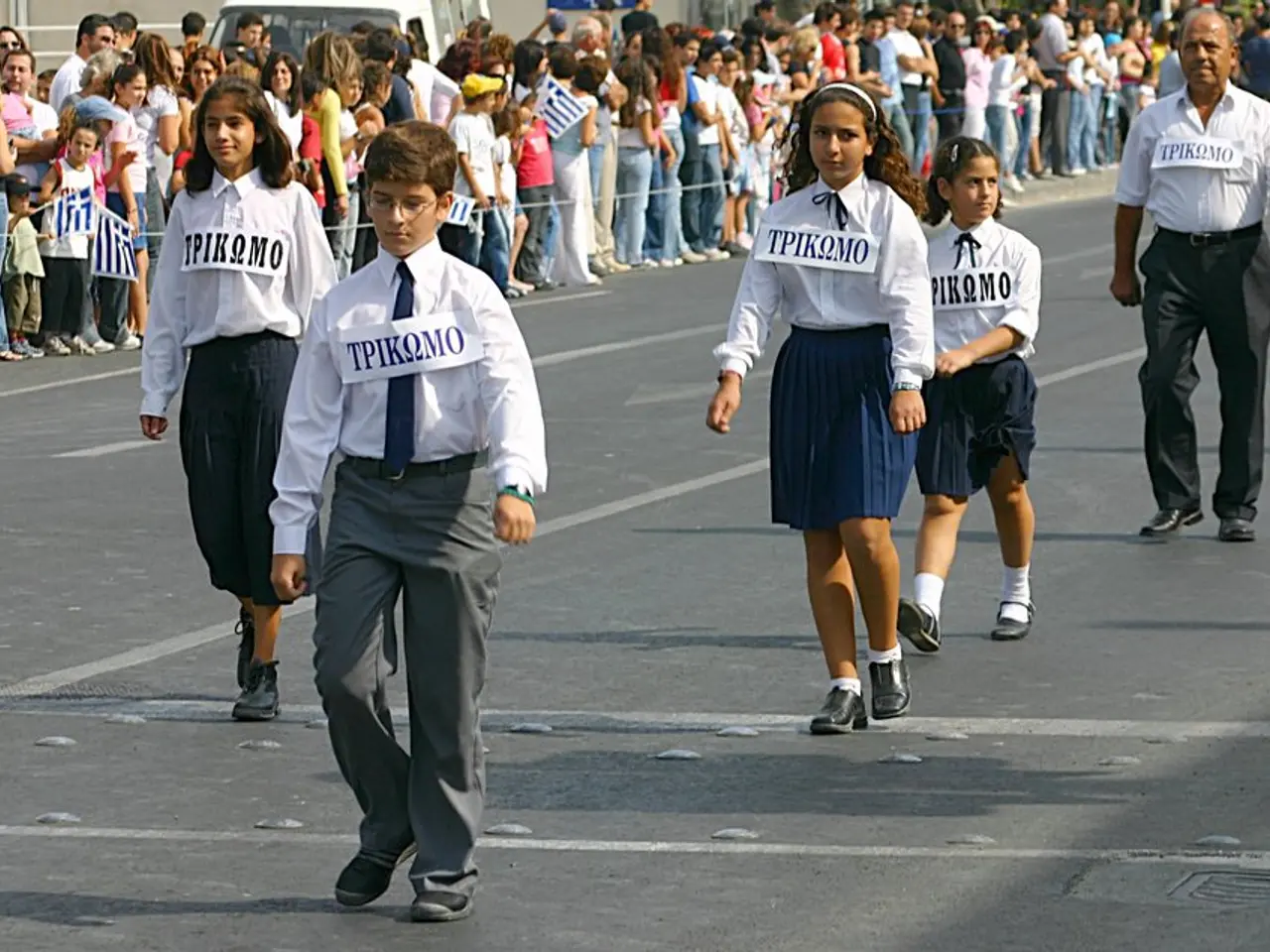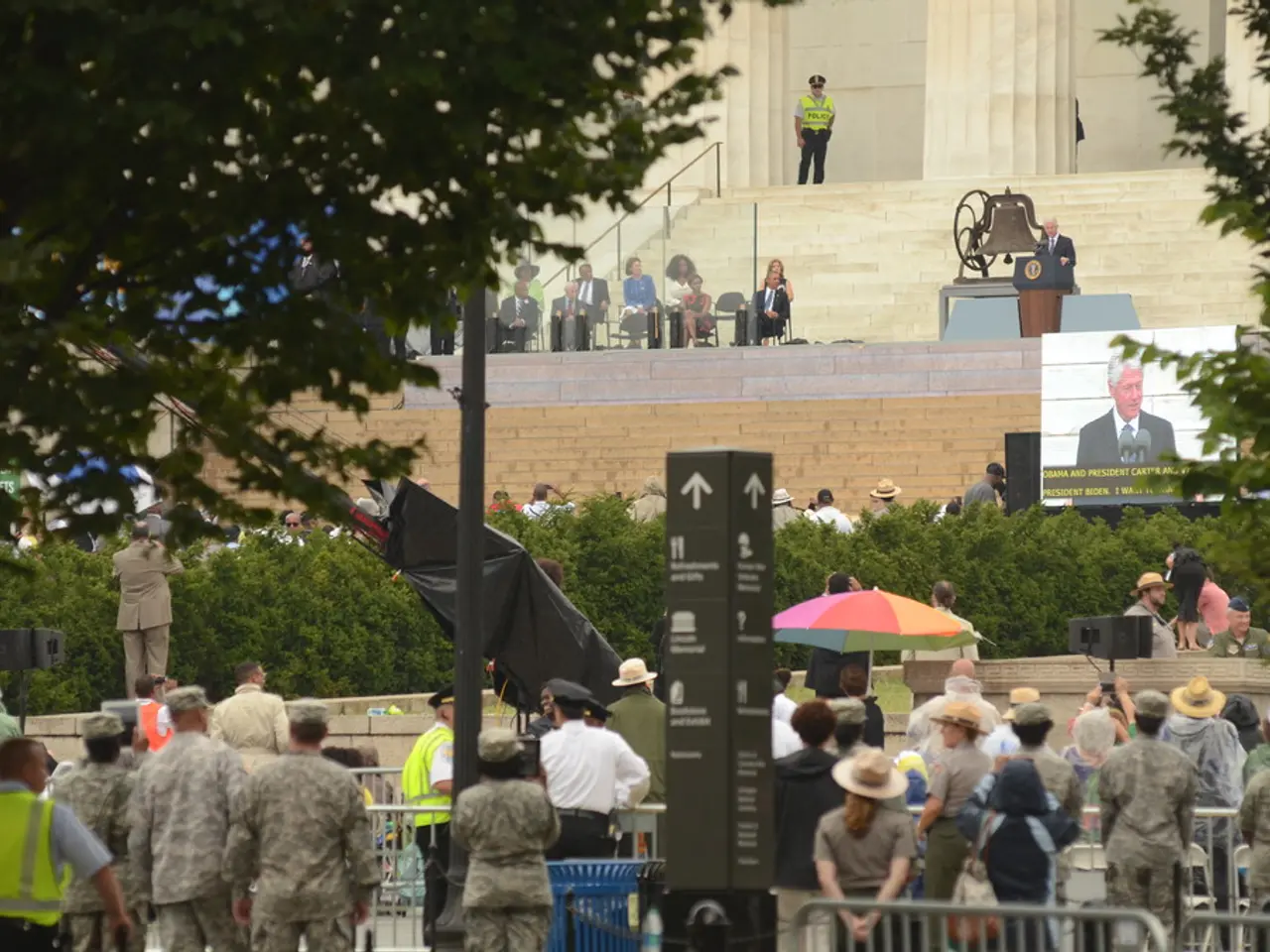A Peek into the Current Nuclear Landscape
- Recent U.S. military attacks have reportedly crippled Iran's nuclear program, as per CIA estimates. According to Tulsi Gabbard, the recovery of facilities in Fordo, Natanz, and Isfahan might take years.
- As of now, the diplomatic channel between Iran and the U.S. remains vague, according to the White House.
- The Israeli-Iranian front is eerily quiet, a state the Federal Government hopes continues. Foreign Minister Wadephul propagates diplomacy as the solution for the conflict.
Insights:
EU Advocates for Prohibition of Chemical Weapons in the Middle East Region
The ongoing nuclear negotiations between the U.S. and Iran in June 2025 are fraught with tension and uncertainty due to recent military strikes, deeply entrenched diplomatic positions, and a volatile Middle East landscape.
The Aftermath of Airstrikes
- In mid-June 2025, Israel, backed by the U.S., delivered devastating blows to Iran's nuclear facilities, including the Fordo underground facility, and killed vital nuclear scientists. According to the Institute for Science and Security, these strikes have significantly impaired Iran's nuclear enrichment capabilities, and restoring enrichment capacity to the previous level may take years. Iran possesses stockpiles of low to moderately enriched uranium, but the destruction of centrifuges hinders rapid enrichment to weapons-grade levels and complicates weaponization efforts.
Iran's Response and U.S./Israel Stance
- The Iranian parliament passed a bill to halt cooperation with the International Atomic Energy Agency. However, the head of Iran’s Atomic Energy Organization affirms Iran's intent to rebuild the nuclear program in spite of the setbacks. On the other hand, President Trump unwaveringly insists on zero uranium enrichment for Iran and is prepared for additional strikes if necessary to prevent rebuilding.
Towards A Possible Dialogue
- Despite the military escalation, there are signs that Iran may be receptive to negotiations. Iranian President Masoud Pezeshkian declared Iran's readiness for talks, but prior planned meetings have been disrupted. U.S. President Trump has hinted at a potential meeting with Iran to discuss a nuclear deal, although Iran has yet to confirm this meeting.
Potential Consequences
- If negotiations falter, a stalemate or prolonged negotiations could ensue. Alternatively, the U.S. and Israel might escalate the conflict once more. However, there's also a slim chance of a diplomatic breakthrough if both sides demonstrate flexibility during the announced meetings. The recent ceasefire and Iran's stated readiness to talk offer some glimmers of hope, though pessimism lingers due to past failed negotiations and mutual distrust.
- The aftermath of the airstrikes on Iran's nuclear facilities in June 2025 has reignited war-and-conflicts in the Middle East, as the restoration of Iran's nuclear enrichment capabilities is facing significant delay due to the damage inflicted.
- The current political landscape is marked by tense U.S./Iran negotiations, with both parties holding entrenched positions and general-news outlets closely monitoring the situation for indications of a diplomatic breakthrough.







